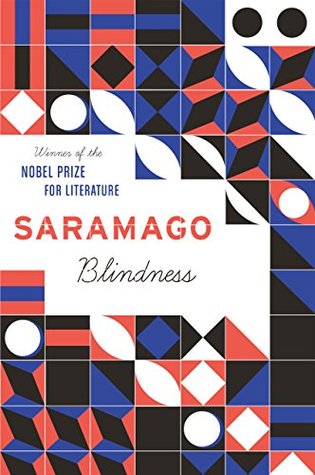Blindness by José Saramago

I started hearing about this book during the pandemic, from readers who found some parallels between the Covid crisis and this novel’s narrative of an epidemic of blindness that strikes an unnamed city. I’m not sure I would have made that comparison if I had come to this story on my own. The book is a literary fantasy, set in a nameless city, inhabited by nameless people, and under the thumb of an unforgiving writer who means to shy away from nothing. In this case, thinking of the book as a fantasy helped me understand why it made me uncomfortable – apart from its gritty view of human nature. An author can take a fantasy anywhere. People begin to go blind for no discernible reason, are sequestered from one another at first, and the people in which the book is most interested are interned together in an old mental hospital. The city tries to cope but quickly becomes overwhelmed. Saramago writes about an apocalypse that is total and almost hopeless, were it not for a miraculous turn of events at the end. He is interested in the breakdown of civilized ideas and habits. Hardly any kind of order could survive the sudden blindness of nearly everyone, or at least this is Saramago’s formulation. (I wonder what people who are actually blind might make of this idea.) The book examines the collapse of civilization through the collective inability of people to deal with their feces in appropriate ways. There is a harrowing passage when thieves take over the food supply for the mental hospital and use this power to coerce women into orgies of sadism; this leads to a brutal and welcome act of revenge, which was one of the high points of the reading for me. But I did wonder how these men who had recently lost their eyesight could manage to stage orgies of this kind of violence. By the end of the novel, after the group of central characters has left the mental hospital, with almost everyone in the city blind and the city’s collapse in evidence, the conceit of the blindness epidemic has proven to be so total and hopeless that Saramago can only reach for a miracle, another act of fantasy, to resolve the book. The people who have gone blind for no discernible reason suddenly regain their sight for no reason. And the book is over. The experience of reading it was a bit too aimless for me, and I persevered mainly because of the Nobel label.
